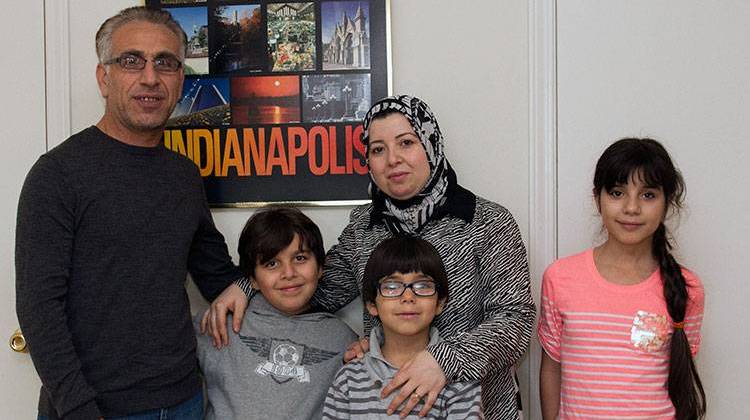
Fadi Lababidi with his wife Waed Alhamoud and three of their four children 9-year-old Mohammed, 7-year old Hamzeh and 11-year-old Salemah.
Doug JaggersINDIANAPOLIS -- As the newest Syrian refugee family settles in Indianapolis – against the wishes of Gov. Mike Pence – another refugee family, the first to arrive in Indiana, opens their home.
At Fadi Lababidi and Waed Alhamoud’s apartment on Indy’s Northwest side, three of their four children arrive home from school. Seven-year old Hamzeh, 11-year-old Salemah and 9-year-old Mohammed take off their coats and backpacks and hug their parents.
The family came to Indianapolis a little more than a year ago, the first of just a handful of Syrian refugees who have been resettled here so far. They’re among the estimated nine million Syrians who’ve been displaced by the civil war that’s stretched on for more than four years now.
Before the war, Lababidi says, "Everything in Damascus good, the people, the place, everything."
Lababidi owned a water purifying business in Damascus, but as the fighting moved closer to their home, he decided it was too dangerous to stay there. As a businessman, he'd traveled back and forth to Jordan on business, so it wasn't hard for him to cross the border. Getting his family out, however, was more complicated. He eventually paid off guards to get his family out. That was four years ago.
"Die children, die women, die families, for that I came to America," Lababadi said.
Getting here took three years of waiting in Jordan -- and a lot of scrutiny, first by the UN's refugee agency, which subjects asylum seekers to extensive screenings before they're even referred for possible resettlement. All refugees get carefully vetted by federal agencies -- none of them more so than Syrians.
Speaking through a translator, Lababidi says it's unfair that politicians like Pence want to keep refugees like him out.
"Those people they are terrorists. And you’re going to punish us as a refugee because of those people? We flee from that terrorist in order to be here in a safer place," Lababadi said.
Life in Indiana is safe, but it's still not easy. Lababidi makes $9 dollars an hour working for the postal service, and even with federal aid like food stamps and Medicaid, it's hard to make ends meet.
Lababidi longs to bring his father to the states. He is 75 years old, Lababidi says, and surely poses no threat to national security.
Alhamoud says Hoosiers have shown her nothing but kindness.
"Nice, very nice… no problems…. the teachers very good with my kids," he said.
That’s their main concern, providing a safe environment for their kids to thrive.
"For future, for study, for schools, for everything. I have three kids in elementary school, one middle school. I hope for college, university. I hope doctor, engineer, lawyer. Why not? In Syrian, no. Impossible. Jordan? No way. But here… just here," said Alhamoud.
Here, at home in Indiana.
 DONATE
DONATE



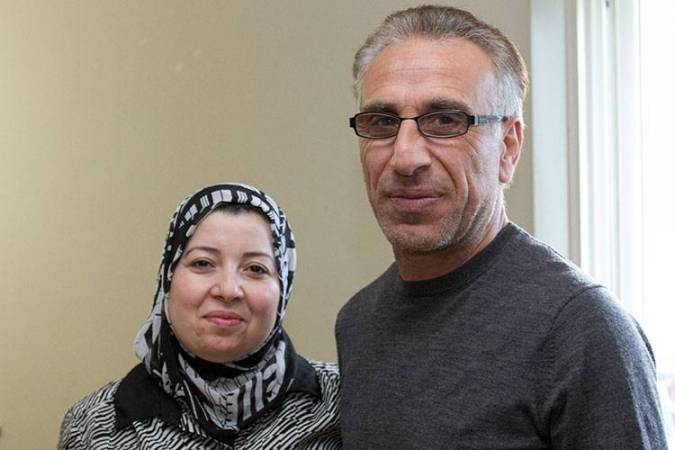
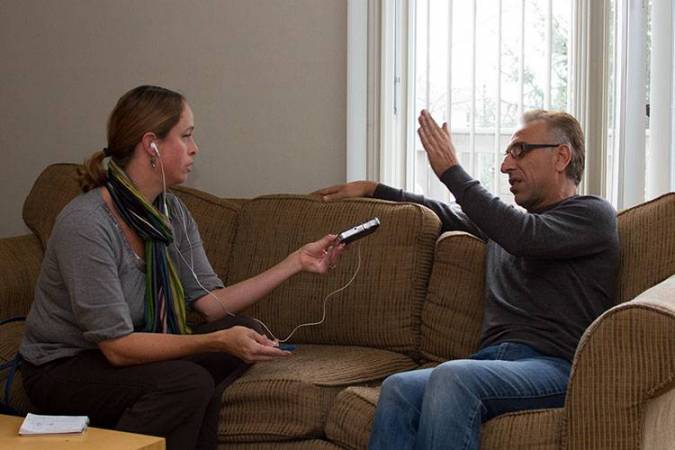
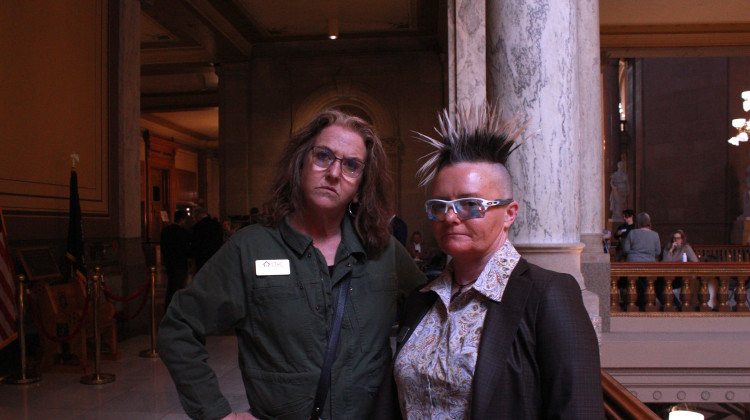
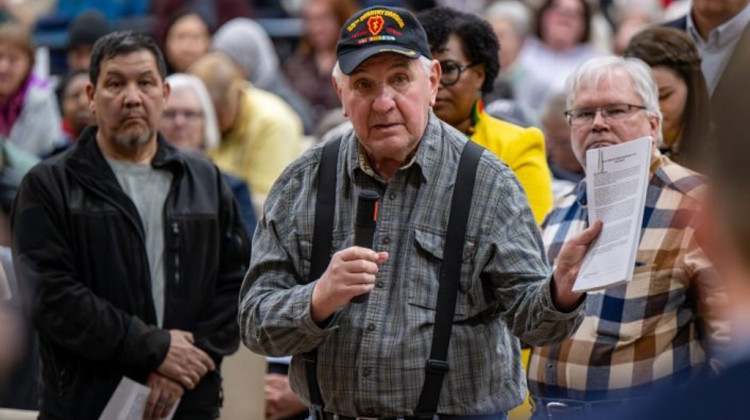
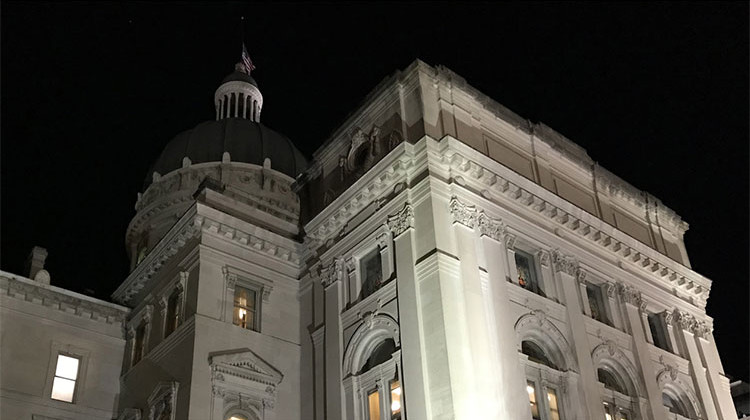
 View More Articles
View More Articles


 Support WFYI. We can't do it without you.
Support WFYI. We can't do it without you.